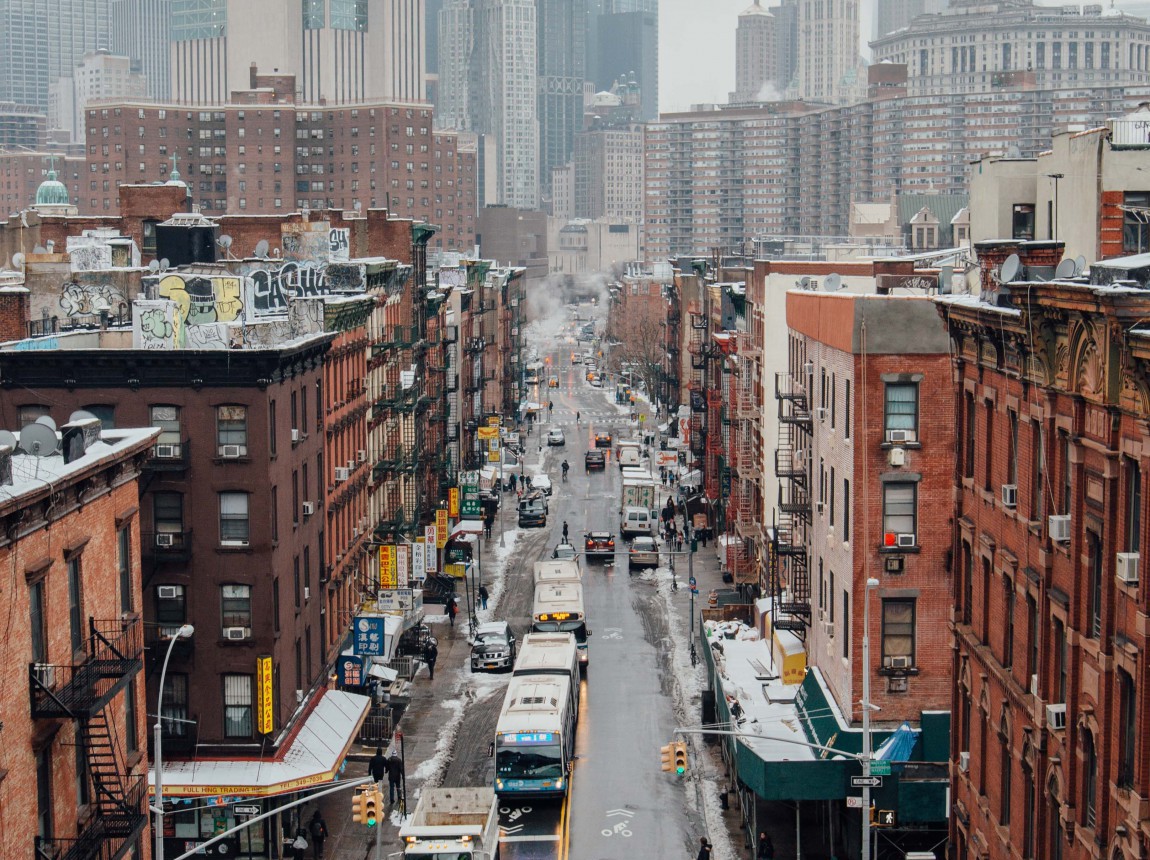Related

Jun 04,2018
Improving Air Quality in NYC
Moving Away from Heavy-Duty Diesel Fleets

Oct 28,2012
Birds and Glass Buildings in Toronto
by
Matthew Kahn
Our inner-environmentalist tends to romanticize rural settings. Rural areas offer open spaces and direct access to natural amenities. Cities bring to mind concrete, congestion, and pollution. Our inner-preacher counsels penance for our urban sins. People must suffer for wanting a modern lifestyle. Stewart Brand wants us to rethink these pastoral and moralistic instincts. As he explains, one of the best ways to protect the environment is to let the billions of people who live in rural poverty do what they want to do: move to cities.
Brand summarizes the case from his new book, Whole Earth Discipline, in a recent Wired interview. He sees ecological progress in human migration from villages to cities because urban opportunities draw people away from environmentally harmful subsistence agriculture and forestry in the countryside. Those who remain in rural areas shift from subsistence farming on marginal land to cash-crop farming on prime land where they are far more productive. The abandoned marginal land often reverts to its natural state as forests or grasslands.
In many developing economies, rural economic activities have severe ecological consequences. Madagascar’s predominantly rural population relies heavily on wood for energy, a practice that contributes to deforestation and degradation of the island’s unique ecosystem. As Brand points out, urbanization in places like Madagascar would make it easier and more efficient to provide energy sources like electricity or natural gas, along with other services like education, sanitation, health care, and water.
Indonesia emits carbon at a rate exceeded only by China and the United States. The high rate reflects logging practices in the rainforest and efforts to clear peatland for palm-oil plantations and pulp-producing acacia trees. Brand cites Panama to demonstrate the potential from reducing such activities. As people there left slash and burn agriculture for work in urban areas the secondary forest regenerated on the abandoned land along with some of the biodiversity from primeval rain forests. Similar migration in Indonesia would do much to reduce its carbon emissions.
Stewart Brand is not alone. David Owen is another environmental thinker who sees potential in urbanization. In a recent commentary, he points out that Manhattan’s density greatly enhances the environmental efficiency of its residents and that compact urbanization is essential to sustaining the world’s growing population.
…urbanization is usually a good thing, both for those moving to cities and for civilization in general. Urban families live more compactly, do less damage to fragile ecosystems, burn less fuel, enjoy stronger social ties to larger numbers of people, and, most significantly, produce fewer children, since large families have less economic utility in densely settled areas than they do in marginal agricultural areas.
Half of the world’s population now lives in cities—cities that occupy less than 3 percent of the world’s land area. By 2050, the United Nations expects about 70 percent of the world’s population will be urban. If we change our attitudes toward densely populated urban areas we can encourage urbanization that is both green and prosperous.
Please fill out the information below to receive our e-newsletter(s).
*Indicates required.